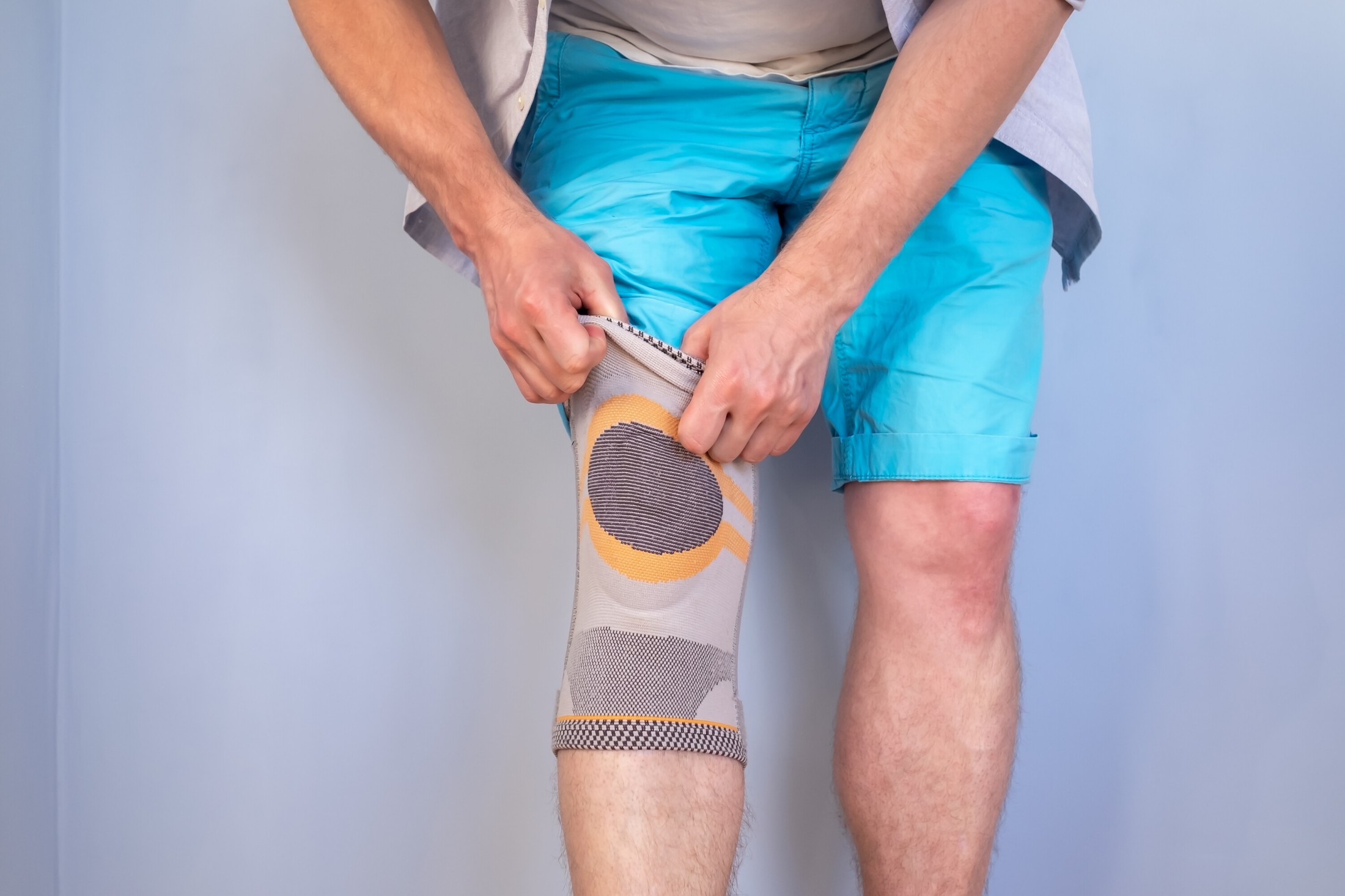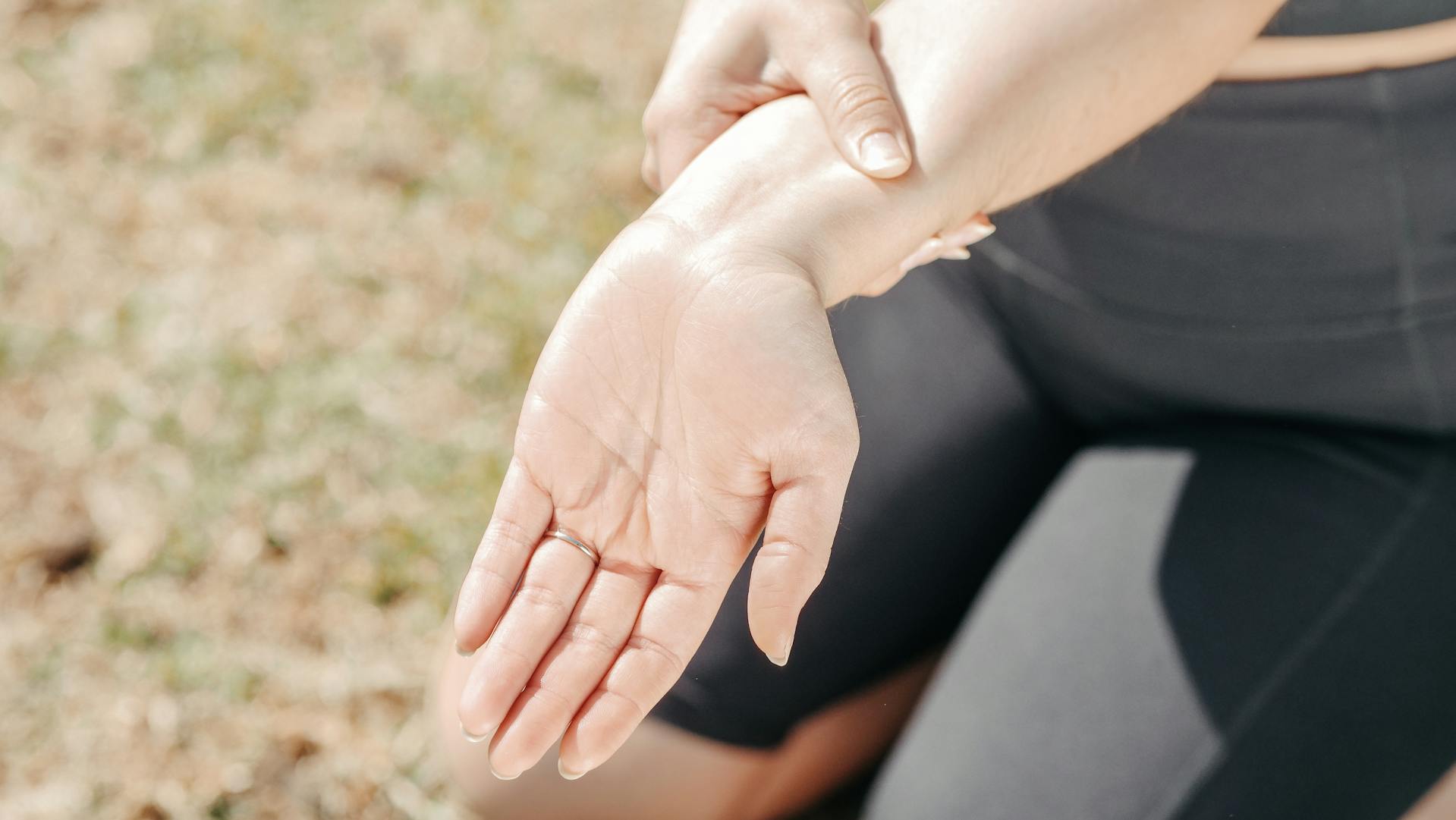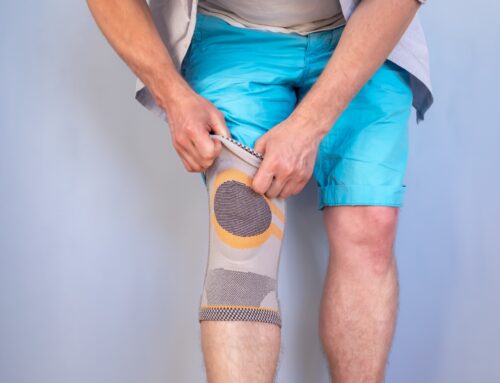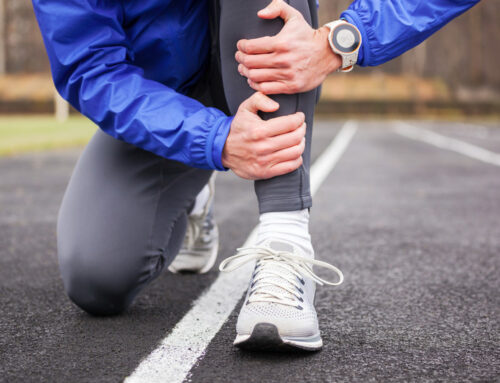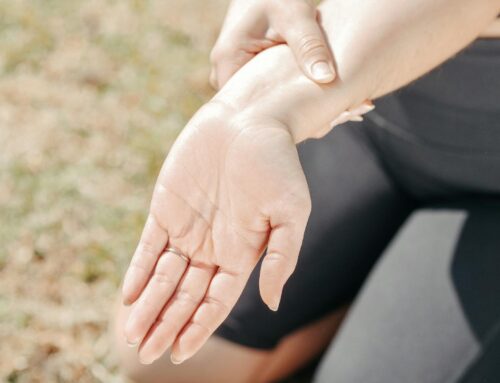Arthritis, a condition that affects millions worldwide, can significantly impact daily life, particularly when it comes to mobility and comfort. One of the most critical but often overlooked aspects of managing arthritis pain is choosing the right footwear. The right pair can provide much-needed relief, support, and stability to those suffering from this debilitating condition.
Proper arthritis shoes actively alleviate discomfort associated with arthritis by reducing stress on the joints, minimizing pain, and enhancing overall foot health. They feature cushioned soles, arch support, and a wide toe box to ensure a comfortable walking experience.
Understanding Arthritis and Its Impact on Feet
Arthritis is a broad term that encompasses over a hundred different conditions, all of which affect the joints and surrounding tissues. When it comes to the feet, arthritis can be particularly debilitating due to the complex structure and the significant load they bear. The most common forms of arthritis affecting the feet include osteoarthritis, rheumatoid arthritis, and gout, each presenting its unique challenges.
Osteoarthritis, often referred to as “wear and tear” arthritis, typically affects the weight-bearing joints of the feet, such as the big toe and the midfoot. It results from the breakdown of cartilage, leading to pain, stiffness, and swelling.
Rheumatoid arthritis, on the other hand, is an autoimmune disorder that causes inflammation in the joints, resulting in pain, deformity, and a range of motion issues.
Gout is characterized by sudden, severe attacks of pain, redness, and tenderness, often affecting the big toe.
The impact of arthritis on the feet can be profound. Swelling, pain, and stiffness can make everyday activities like walking or standing challenging. The altered gait and biomechanics can lead to further joint damage and discomfort. In severe cases, arthritis can cause deformities in the feet, making it even more difficult to find comfortable, supportive footwear.
Key Features of Effective Arthritis Shoes
Selecting the right footwear is essential for individuals with arthritis, as the proper shoes can significantly reduce pain and improve mobility. When choosing arthritis shoes, it’s important to look for specific features that cater to the needs of arthritic feet. Here are some key characteristics to consider:
Supportive Design and Cushioning
Arthritis shoes should provide ample support to the arch and the entire foot. A supportive design helps distribute weight evenly across the foot, reducing pressure on affected joints. Additionally, cushioning in the midsole and insole absorbs shock and reduces the impact on the feet during walking or standing. Look for shoes with a contoured footbed and adequate padding to ensure comfort and support.
Wide Toe Box and Adjustable Fit
A wide toe box is crucial for accommodating swollen or deformed joints often seen in arthritis. It allows for natural toe movement and reduces the risk of blisters and pressure sores. An adjustable fit is also important, as it allows for customization based on the foot’s shape and size, which can vary due to swelling. Shoes with adjustable straps, laces, or Velcro closures are ideal, as they can be easily modified for a comfortable fit.
Durable and Slip-Resistant Soles
Durability is key in arthritis shoes, as they need to withstand regular wear while providing consistent support. Look for shoes made from high-quality materials that offer longevity. Slip-resistant soles are also essential, as they provide traction and stability, reducing the risk of falls, which can be particularly dangerous for individuals with arthritis. The soles should be flexible enough to allow for natural foot movement but firm enough to provide stability.
Choosing Orthopedic Shoes for Arthritis
Selecting the appropriate orthopedic shoes is a crucial step in managing arthritis effectively. The right footwear can alleviate pain, provide stability, and improve overall foot health.
Assessing Your Specific Foot Needs and Arthritis Condition
Start by evaluating your feet and the severity of your arthritis. Consider factors such as the location and intensity of pain, the presence of any deformities, and the level of swelling. Determine whether you require shoes with extra cushioning, more room in the toe box, or additional arch support. Understanding your specific foot needs is essential in selecting shoes that will provide the right support and comfort.
Consulting with Healthcare Professionals
Seeking advice from healthcare professionals, such as Chiropodist or Orthopedic Specialists, can provide valuable insights into your footwear needs. These experts can assess your foot structure, gait, and arthritis condition to recommend shoes that will best suit your needs. They may also suggest custom orthotics or modifications to standard orthopedic shoes to enhance their effectiveness.
Trying on Shoes and Testing for Comfort and Support
Once you have a list of potential shoes, it’s important to try them on and test them for comfort and support. Walk around in the shoes to assess their fit and feel. Ensure that there is enough room in the toe box, the arch support aligns with your foot’s natural curve, and the cushioning is adequate.
Pay attention to any areas of discomfort or pressure, as these can indicate an improper fit. It’s also advisable to try on shoes later in the day when your feet are more likely to be swollen, to ensure a comfortable fit throughout the day.
Top Brands and Styles for Arthritis Shoes
Choosing the right brand and style of orthopedic footwear plays a crucial role in managing arthritis effectively. Explore these top brands, renowned for their high-quality orthopedic shoes, all accessible through specialized services like Care-Med.
Drew
Drew Shoe Corporation leads the orthopedic shoe industry by offering a variety of shoes that blend comfort with style. They design their shoes with a deep, wide toe box and extra room at the forefoot, ideal for individuals with arthritis affecting their toes and the front part of the foot.
Anodyne
Anodyne takes pride in its no-overlay shoe design, which prevents rubbing and irritation, a boon for those with arthritis-sensitive feet. Their shoes are widely recommended for the comfort and support they deliver.
Apex
Apex crafts biomechanical footwear engineered to alleviate arthritis-induced foot pain and discomfort. These shoes feature a customizable fit and are renowned for their therapeutic benefits.
Oasis
Oasis designs shoes specifically to offer relief and protection for sensitive feet affected by arthritis, with soft leather and stability features that ensure both comfort and support.
Aetrex
Aetrex stands out with its Lynco orthotic insoles, providing exceptional arch support vital for arthritis sufferers. Added memory foam cushioning further enhances the comfort of their footwear.
I-Runner
I-Runner produces shoes with ample toe box space and extra depth, catering to those with arthritis-swollen feet, and focuses on stability and pain reduction while walking.
Propét
Propét offers a variety of sizes and widths, crucial for accommodating arthritic feet that may require non-standard sizing. Their footwear is cushioned, supportive, and designed for effortless upkeep.
Podowell
Podowell specializes in therapeutic footwear, offering shoes with a flexible, non-binding upper ideal for feet with arthritis-caused deformities, ensuring comfort and easy wear.
Each of these brands offers specific styles and designs that cater to the varying needs of individuals with different types of arthritis. Whether you require shoes with extra cushioning for rheumatoid arthritis or need a wider fit to accommodate osteoarthritis in the big toe, these brands have options that can be customized to meet your requirements.
It’s always recommended to consult with a healthcare professional, like those at Care-Med, to help determine the best brand and style for your unique needs.
Incorporating Orthotics for Enhanced Relief
Individuals with arthritis can often enhance even the best orthopedic shoes by adding custom orthotics. Crafted to match the unique contours of each foot, these specialized inserts offer an additional layer of support and relief.
Custom orthotics do more than fill the shoe—they are precision-crafted devices designed to correct specific foot imbalances. They assist those with arthritis by redistributing pressure away from sore spots, offering targeted arch support, and improving the feet and lower limbs’ biomechanical function. This tailored approach makes every step more comfortable and protects the joints from extra strain.
Care-Med LTD’s specialists, with their deep understanding of arthritic feet’s complexities, assess patients’ feet, gait, and arthritis details to craft orthotics that integrate flawlessly with their orthopedic shoes. This customization significantly reduces pain and enhances the beneficial features of the shoes.
Beyond pain relief, custom orthotics also boost balance and stability, often compromised by arthritis. Proper foot alignment from orthotics promotes a stable gait and lowers fall risks, while also distributing weight evenly across the foot, potentially slowing the progression of joint damage.
Tips for Maintaining Your Arthritis Shoes
To ensure that your arthritis shoes continue to provide the support and comfort needed for daily activities, proper maintenance is key. Here are some tips to help you care for your orthopedic footwear and recognize when it’s time for a replacement:
Regular Cleaning and Inspection of Shoes
- Cleanliness: Keep your shoes clean by wiping the exterior with a damp cloth and using mild soap if necessary. For shoes with removable insoles, take them out periodically and clean them separately.
- Inspection: Regularly inspect your shoes for signs of wear and tear. Look for the breakdown of the insole cushioning, stretching of the materials, and wear on the soles. Pay special attention to the areas that provide stability and support.
- Dryness: Ensure your shoes are kept dry. Moisture can break down the materials and reduce the lifespan of your shoes. If they become wet, let them air dry away from direct heat sources.
When to Replace Your Orthopedic Shoes
- Outsole Wear: Monitor the tread on the outsoles. If you notice significant wear, particularly in the areas where you apply the most pressure, it’s time to consider a new pair.
- Comfort Loss: Pay attention to changes in how your shoes feel. If they no longer provide the same level of comfort or support, the materials may be compressed or worn out.
- Structural Changes: Be mindful of any changes in your feet due to arthritis progression. If there are changes in foot shape or size, or if new areas of pain develop, your current shoes may no longer be suitable.
- Time Frame: As a general guideline, evaluate the condition of your arthritis shoes every six months to a year, depending on how often you wear them and the level of activity you engage in.
By following these tips, you can extend the life of your arthritis shoes and ensure they continue to provide the necessary support. Regular maintenance, along with being attuned to when a replacement is needed, will help maintain the benefits your orthopedic footwear offers.
Stepping Towards Comfort
Selecting the best orthopedic shoes is a vital step in the journey to manage arthritis pain effectively. The right footwear can not only ease the discomfort associated with arthritis but also support and stabilize the feet, promoting better mobility and a higher quality of life.
Your feet are the foundation upon which you stand, and taking care of them can have a profound impact on your overall well-being. By prioritizing foot health and selecting the proper shoes, you’re not just making a choice for comfort but also for your independence and vitality.
If your feet are sore, tired, or just not feeling right, it might be time for a closer look. Book a foot assessment with our certified Chiropodist. No referral needed.
Share This Story, Choose Your Platform!
Table of Contents
- Selecting the Best Orthopedic Shoes for Arthritis
- Understanding Arthritis and Its Impact on Feet
- Key Features of Effective Arthritis Shoes
- Choosing Orthopedic Shoes for Arthritis
- Top Brands and Styles for Arthritis Shoes
- Incorporating Orthotics for Enhanced Relief
- Tips for Maintaining Your Arthritis Shoes
- Stepping Towards Comfort
We specialize in orthotics, body braces, and compression wear tailored to your unique needs in Toronto. Reach out to us at info@caremed.care or call 416-782-5353 to book your fitting and consultation.
Experience the difference of customized solutions designed just for you.


